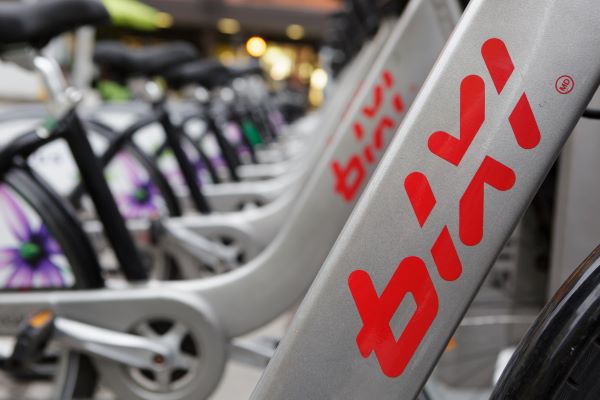Description
BIXI: When a Public, Social, and Collective Innovation Transports Us: Abstract
This case discusses the creation of Montreal’s BIXI bike share system. Just one year after its official launch in the summer of 2009, the service had been sold to Ottawa, Gatineau, and Toronto, as well as to cities in the U.S., Great Britain, and Australia. Despite this remarkable success, it had quickly run into major financial difficulty. The Public Bike System Company (Société de vélo en libre-service, or SVLS, in French), the non-profit organization that managed it, had posted a $5 million loss. In 2011, the auditor general’s report highlighted serious problems with BIXI’s financial management. After just two years of operation, it had racked up $37 million in debt. In early 2014, faced with legal proceedings, the PBSC had declared bankruptcy. To save BIXI, Montreal’s city council had approved a $108-million bailout package, and a few years later, it was deemed by Montrealers to be a resounding success at both the national and international levels. In 2023, BIXI had 10,000 bikes – including 2,600 electric bikes – in service at some 830 stations throughout Greater Montreal. After declaring bankruptcy, how did Quebec’s experiment in urban mobility become a source of immense pride for Montrealers?
Teaching objectives
- Understand the types of innovation that can be found in a project
- Understand the emergence and development of a public, social, and collective innovation initiated by an organization in partnership with various private, public, and para-public entities and private citizens
Additional information
Also available in French.
Teachers’ notes are available for university teachers only. Please contact the HEC Montréal Case Centre.







Reviews
There are no reviews yet.